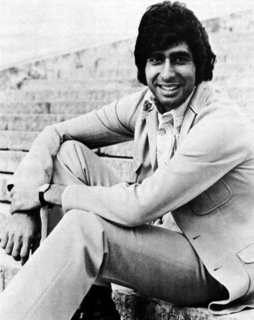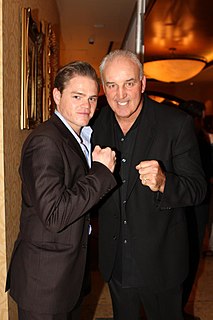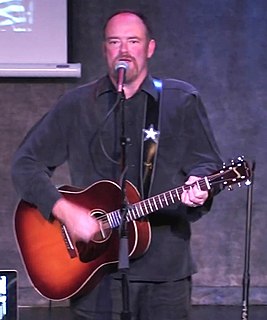A Quote by Daniel Lubetzky
My dad told remarkable stories about how kindness helped him through, and he lived his life afterward always trying to make people's lives better.
Related Quotes
I remember the day before my dad died, I was in a hospital room with him, and he had lived a long life. He was 94, and I helped him get up, and there were two windows separated by the partition. I took him to the first window, and he kind of found his way to the second window, and on the way there was a mirror, and he looked into it, and I saw through the corner of my eye, I remember the look on his face. What came over his face was "So I'm here. I've crossed that bridge."
As time passed and he grew to know people better, he began to think of himself as an extraordinary man, one set apart from his fellows. He wanted terribly to make his life a thing of great importance, and as he looked about at his fellow men and saw how like clods they lived it seemed to him that he could not bear to become also such a clod.
I still have sadness and complicated feelings about my divorce. But how beneficial is it to keep hanging onto those feelings? If someone lives through an accident, his aim is to become better and healthy. My aim is always to progress - to make better decisions and be a better father, a better boyfriend, a better husband if it happens again.
My father never once told me he loved me. I told him I loved him only one time - that was when he was sick. It was hard, the way he showed his love. I didn't understand what he was trying to teach me. Now I know, but it came too late for him to see it. After he was gone, I realized he was trying to strengthen my mind to make me better.
Each of us is comprised of stories, stories not only about ourselves but stories about ancestors we never knew and people we've never met. We have stories we love to tell and stories we have never told anyone. The extent to which others know us is determined by the stories we choose to share. We extend a deep trust to someone when we say, "I'm going to tell you something I've never told anyone." Sharing stories creates trust because through stories we come to a recognition of how much we have in common.
I see a huge, huge divide between the people who are facing the most barriers and violence and the kinds of stories being told in mainstream American politics. The issues that I think most about - how many people's lives are being affected by prisons and policing, how many people's lives are being affected by immigration enforcement and deportation - those stories aren't being touched, let alone told, in mainstream politics.
When I look at him, I don't see the cowardly young man who sold me out to Jeanine Matthews, and i don't hear the excuses he gave afterward. When I look at him, I see the boy who held my hand in the hospital when our mother broke her wrist and told me it would be all right. I see the brother who told me to make my own choices, the night before the Choosing Ceremony. I think of all the remarkable things he is--smart and enthusiastic and observant, quiet and earnest and kind.
We live in a world where bad stories are told, stories that teach us life doesn't mean anything and that humanity has no great purpose. It's a good calling, then, to speak a better story. How brightly a better story shines. How easily the world looks to it in wonder. How grateful we are to hear these stories, and how happy it makes us to repeat them.
There's a story about when President Lyndon Johnson visited NASA and as he was walking the halls he came across a janitor who was cleaning up a storm, like the Energizer bunny with a mop in his hand. The president walked over to the janitor and told him he was the best janitor he has ever seen and the janitor replied, "Sir, I'm not just a janitor, I helped put a man on the moon." See, even though he was cleaning floors he had a bigger purpose and vision for his life. This is what kept him going and helped him excel in his job.



































